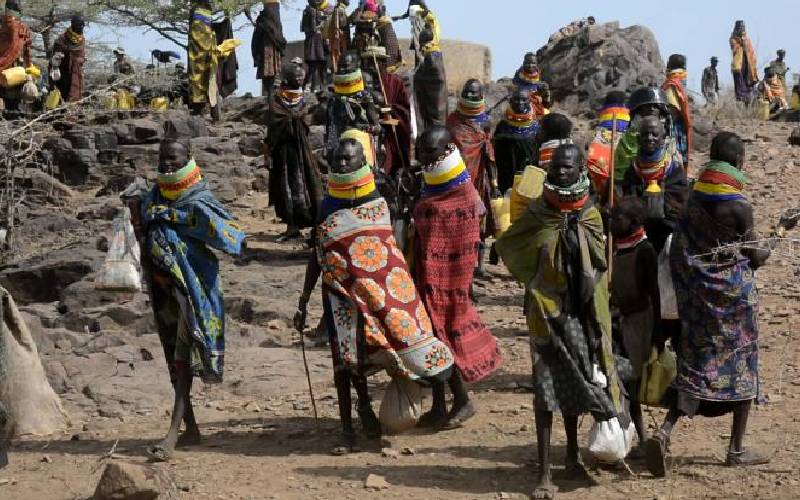×
The Standard e-Paper
Truth Without Fear

Farmers are staring at poor harvests this season following inadequate rainfall, which has caused crop failure.
Hundreds of thousands of residents of Kitui, Machakos and Makueni counties, which lie in the arid and semi-arid lower Eastern region of Kenya, foresee hunger, as the scorching sun continues to wither surviving maize and beans in farms.